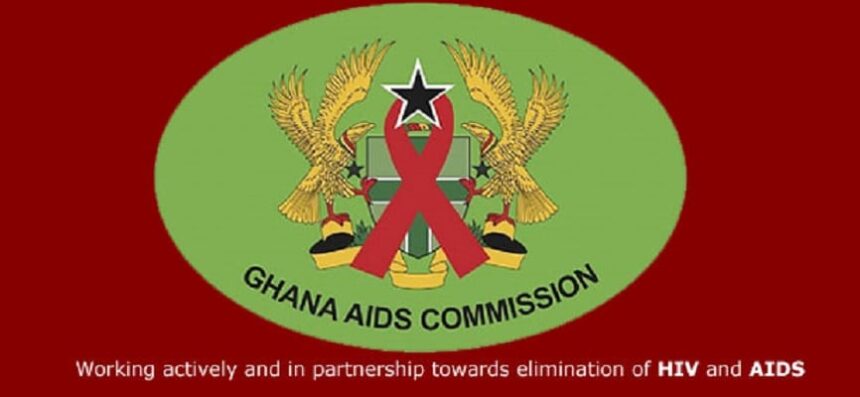After USAID withdrew $78 million in health assistance, Ghana is facing a significant blow to its healthcare funding. To satisfy its health needs in 2025, the nation now confronts a million-dollar funding deficit.
The government’s promised $8.4 million has not been provided, according to the Ghana AIDS Commission, which is impeding attempts to continue the country’s fight against HIV and AIDS.
The 14th National HIV & AIDS Partnership Forum, which took place on Wednesday, October 22, 2025, provided information about this.
Ghana now has 334,721 HIV-positive individuals, including women and children, according to recent data from 2024. The greater testing rates among women as opposed to men are primarily responsible for the numbers. Over 15,000 new infections and 12,614 AIDS-related deaths were reported during that time.
Isaiah Doe Kwao, Director of Research, Monitoring, and Evaluation of the Ghana AIDS Commission, emphasized the increasing HIV prevalence in Ghana. He blamed the trend on low condom use and hazardous sexual conduct.
“Ghanaians can live risk-free lives. You see, ABC is still very important. You abstain, if you can. If you cannot be faithful to your partner, choose one girlfriend or one wife. If that doesn’t work for you, use condoms consistently and correctly when having sex,” He advised.
According to Dr. Kharmacelle Prosper Akanbong, the Acting Director-General of the Ghana AIDS Commission, a serious funding gap is making it difficult for the Commission to intensify awareness and education efforts across the country:
“It must be noted that domestic seed funding for the National HIV-AIDS Fund remains outstanding. We continue to face significant financing gaps, which must be addressed through strengthened partnerships, innovative financing, and improved efficiency”.
“At the policy level, the government is redirecting resources, deepening partnerships with the private sector, and introducing structural fiscal reforms, including widening the tax base. External aid is no longer a reliable strategy, we all agree. If we are to end AIDS by 2030, we must prioritise prevention and repurpose our budgets.” Deputy Chief of Staff Nana Oye Bampoe Addo gave stakeholders the assurance on behalf of Chief of Staff Julius Debrah.
The Ghana AIDS Commission is optimistic that the nation will achieve its goal of eradicating HIV/AIDS as a public health issue in spite of the obstacles.
Source: TV3 News






